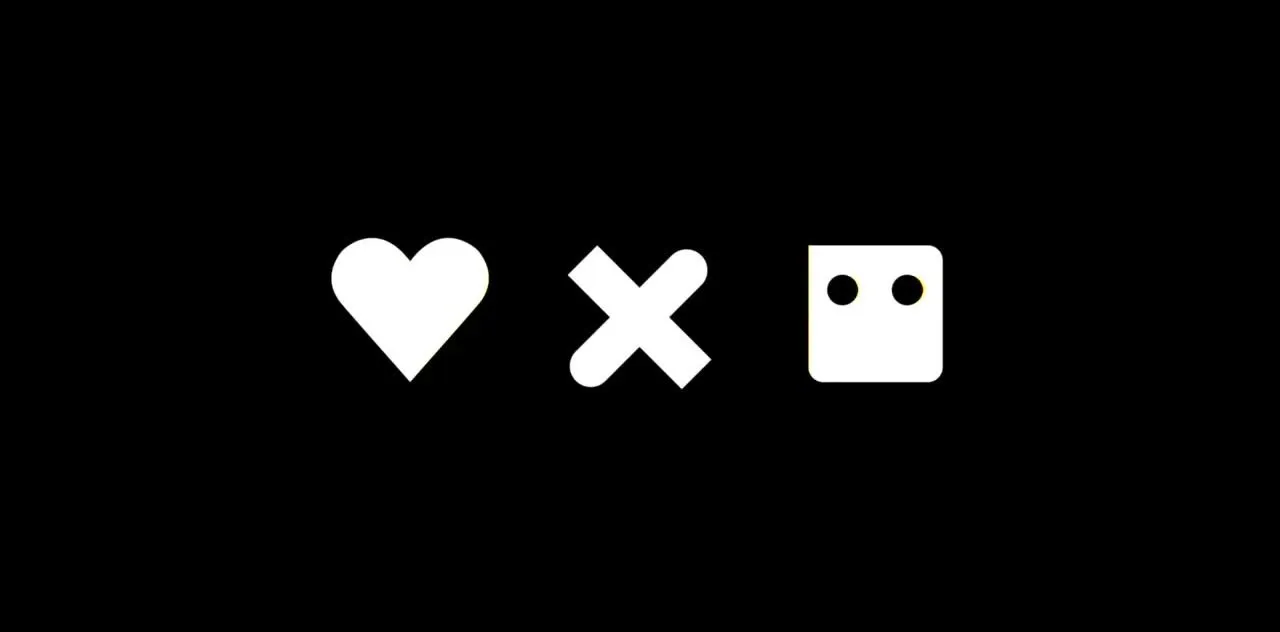David Fincher, the producer of the series, was also responsible for movies like Seven, Fight Club and Social Network. With this series he was able to realize one of his dream projects. For years, he had wanted to draw something creative from the world of science fiction, to present these great ideas not only to a limited audience, as with comics and science fiction books, and to make them accessible to a broad mass of people. Furthermore, the variance in the course of the series is unusual. Not only the animation styles change, but also the sense of humor, the places of action, of course the statements behind it or how gloomy it is designed. So there's a lot of variety and with every new episode you're curious about what comes next. With every episode you have the certainty of being confronted with exciting new worlds. beings, technologies and thoughts.
There are robots exploring this destroyed world after the extinction of mankind. Then a world where technical progress makes magic disappear and finally takes its place, the question of reality and perception, exciting new technologies, other planets and much more. Because of the great difference and modesty, each person has surely his or her personal favorite episode.
In this series we get an incredible amount of food for thought and miracles. With many episodes, it's worth discovering the deeper meaning behind them, diving deeper and perhaps even seeing them several times. If you have a girlfriend who always falls asleep while you watch Netflix, look at it, because then you'll have to see it again and again anyway, because she'll annoy you. At least that's how it is with me...
Try to take the place of the characters, no matter if it's human or machine. It becomes clear how much the great questions of existence selves are asked here, in a new perspective, not only every time, but generally quite different from what you are used to.
Ethics and morality are put to the test, we get new insights into philosophical questions, psyche, consciousness, meaning and life itself.
The changes in the course of the series were particularly exciting for me. Sometimes there were nihilistic approaches with a lot of humor for example in the episode Three Robots or with a very dark approach in Beyond the Aquila Rift. As soon as fantastic beings were in the focus, as in the episode Good Hunting, in which ethics, morals and technology are also addressed, it takes you with it, because it dives the beautiful through the robust, the warm against the cold, the tradition against the habit.
Some episodes contain the cosmic horror, that is the insignificance of mankind in the totality of the cosmic existence. Often the contrast between the individual destiny and the contemplation of the great image is extreme, especially in the episode Ice Age.
In addition, the overall concept of the series has highlighted me for another aspect, which in this way can only be created through an anthology series. For the reason that in each episode we are immersed in a completely new world, where completely different conditions prevail and completely different things are real and omnipresent, it becomes clear how absurd normality is. That's why every episode is important to me in the overall context of the series.
In one episode, a yogurt took over the world. I know I mentioned it at the beginning, but a yogurt! We only perceive our world as normal because we don't know it otherwise. And it was only this feeling, this deeper thought that captivated me throughout the whole series.
In principle, of course, every other movie and every show plunges us into a world in which there are different conditions or laws than ours does. But here at Love, Death & Robots there are many different worlds in a row and it's related to other stories that raise big questions. And these questions accompany you through the further episodes.
Normal is what is the norm, what we know. But if we can think beyond our normality, then we see the miracle in every flower, every word, every step. This idea culminates for me in the episode Zima Blue. I would say it was by far my favorite episode because I found it incredibly breathtaking. But that would cast a false light on my opinion for the other episodes. Because I really like almost all of them.
Still, Zima Blue is the episode I deal with mentally every day. Not with the episode and the story itself, but with the question behind it.
I would like to draw the following conclusion: Fincher and Miller, two of the most important minds behind Love Death and Robots, created a new approach to adult animation with this series. They also provide access to science fiction stories that would otherwise have remained a mystery to a small group of people. You should google which science fiction author is behind which of the episodes you liked the most. You will surely find something from the author that will inspire you.
Science Fiction is probably the most philosophical form of entertainment and this series proves it again very impressively. If you haven't seen the show yet, do it, and if you've seen it before, watch Zima Blue at least twice.

 Part 1
Part 1 




